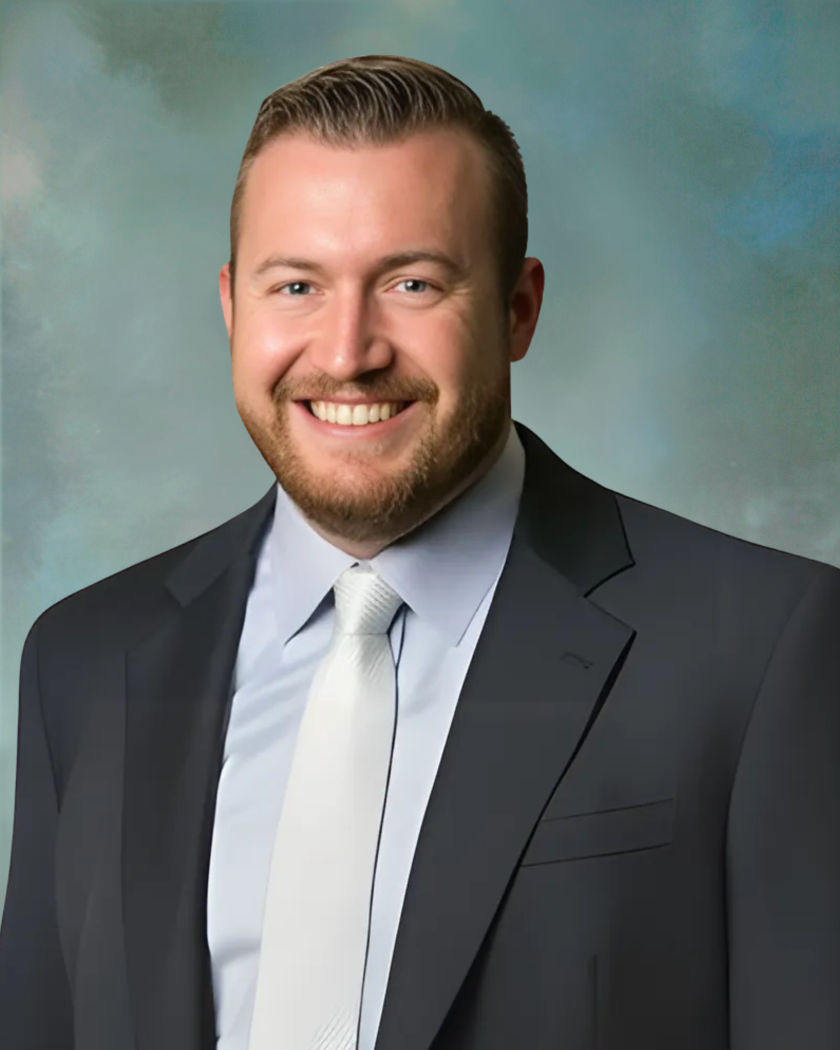The Internal Revenue Service issued guidance Tuesday to make temporary changes to section 125 cafeteria plans, with the goal of providing tax relief and flexibility in the midst of the novel coronavirus pandemic. The IRS is extending the claims period for health care flexible spending arrangements and dependent care assistance programs and enabling taxpayers to make mid-year changes to their accounts.
The guidance released Tuesday by the IRS deals with the unanticipated changes in expenses faced by many taxpayers as a result of the COVID-19 pandemic. The IRS is now allowing its previously provided temporary relief for high deductible health plans to be applied retroactively to Jan. 1, 2020, and also increases for inflation the $500 permitted carryover amount for health FSAs to $550.
Manuel Rodriguez Vera is Business Unit Head of Insurance at WNS, part of Capgemini.
Joseph Cecere is a director in Eisner Advisory Group's forensic, litigation and valuation services practice. With nearly 20 years of experience in public accounting, he specializes in estate and gift tax valuations for general partners in private equity and venture capital funds and performs business valuation and forensic accounting calculations in commercial and matrimonial disputes. He has collaborated with firms across diverse industries, including distribution, manufacturing, intellectual property licensing, medical devices, pharmaceuticals, service industries, logistics, financial and technology sectors.
Hubert Klein is a partner and practice leader for the financial advisory services group in Eisner Advisory Group's New Jersey location. With nearly 40 years of experience, he is frequently called upon as a technical resource in various litigation actions. He has consulted and provided services in matters including complex damages, business valuations, due diligence analysis, fraud and forensic investigations, lost profit calculations, shareholder disputes, reasonable compensation and benefits analysis, insurance claims analysis, bankruptcy and matrimonial proceedings.
In Notice 2020-29, the IRS is offering extra flexibility to taxpayers by:
- extending the claims periods for taxpayers to apply unused amounts remaining in a health FSA or dependent care assistance program for expenses incurred for those same qualified benefits through Dec. 31, 2020;
- expanding the ability of taxpayers to make mid-year elections for health coverage, health FSAs and dependent care assistance programs, allowing them to respond to changes in needs as a result of the COVID-19 pandemic; and
- applying earlier relief for high-deductible health plans to cover expenses related to COVID-19, and a temporary exemption for telehealth services retroactively to Jan. 1, 2020.
In conjunction with that notice, the IRS also issued Notice 2020-33, in response to the Trump administration’s Executive Order 13877, which directs the Treasury secretary to “issue guidance to increase the amount of funds that can carry over without penalty at the end of the year for flexible spending arrangements.” The notice ups the limit for unused health FSA carryover amounts from $500, to a maximum of $550, adjusted each year for inflation.




